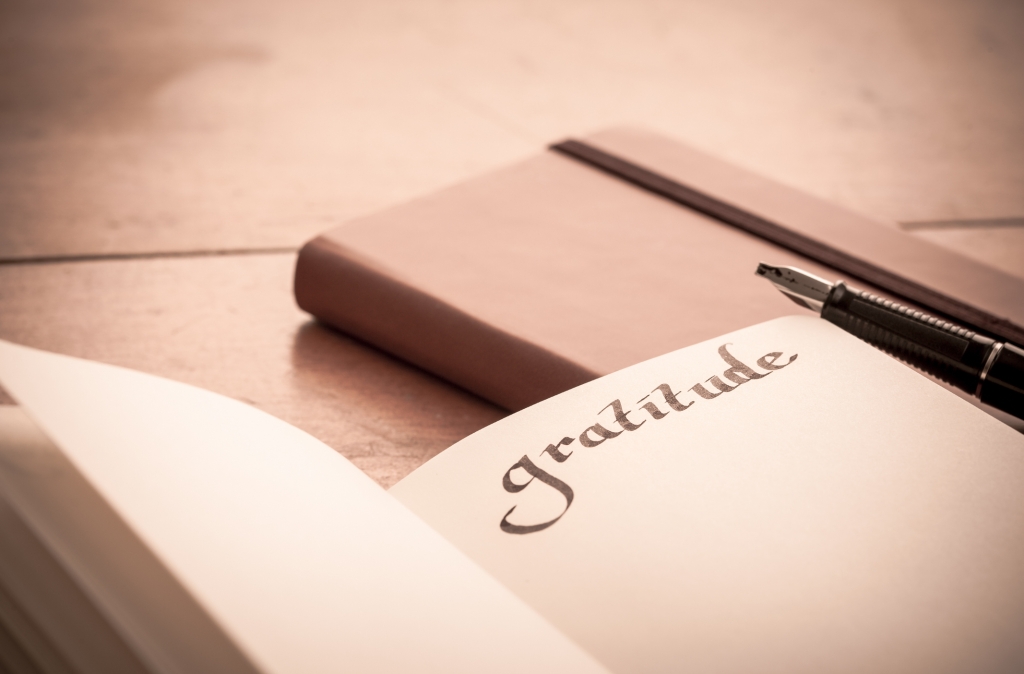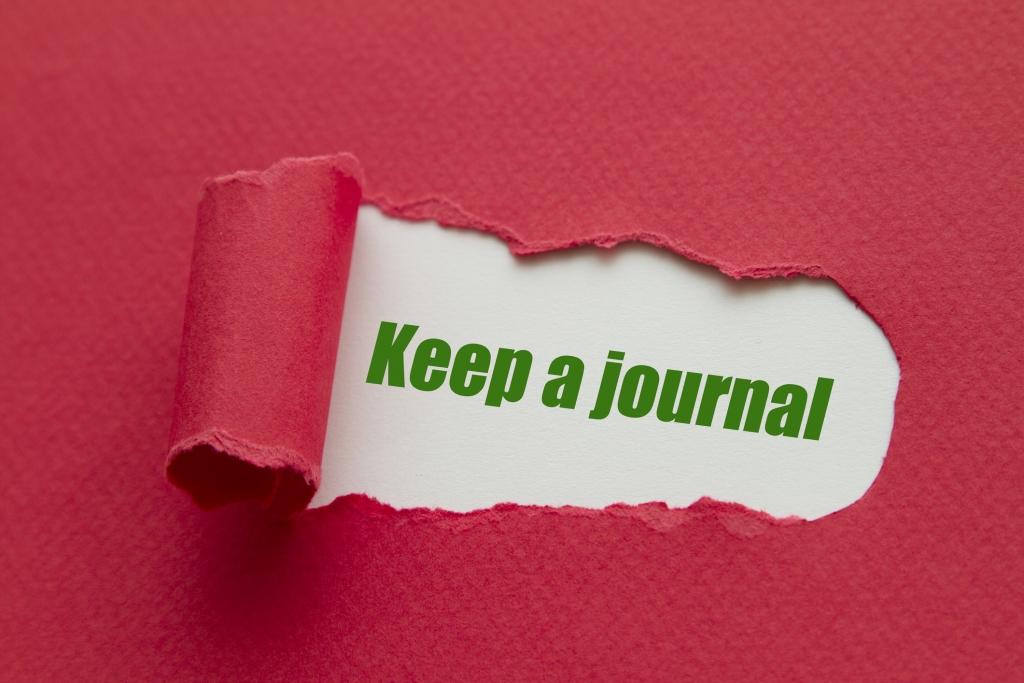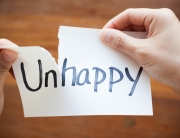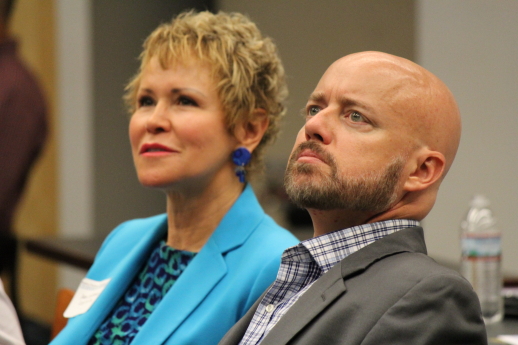The best part of showing up for the University of Louisville Depression Center Conference in November isn’t the continuing education credits. It may sound strange, but I was invigorated and inspired by the day-long program focused on the treatment of depression and other mood disorders — including approaches to help families deal with a suicide attempt.
Still, I felt like I was going to the dark side as I found myself confessing to Jesse Wright, MD, PhD, and Director of the U of L Depression Center: “In a few weeks, those of in us in the helping professions will gear up for what I’ve come to think of as “selective negative focus” on the holiday season. How long have we been focusing on ‘surviving the holidays’ — twenty, thirty years? I wonder if it’s actually helping… Could we possibly be making it worse by priming ourselves to expect ‘It’s going to be really bad’ — like a self-fulfilling prophecy?”
Fortunately, what I feared didn’t happen. Jess, the author of Getting Your Life Back: The Complete Guide to Recovery from Depression (chosen by Self Magazine as one of the “eight best self-help books”), didn’t judge me as dismissive or insensitive to those going through a really rough time this year or whose depression is exacerbated during the holidays.
I realize that the “ain’t it awful” mentality is just a natural reaction to the other extreme of “perfection focus” — the notion that an acceptable holiday can’t be “perfectly okay” unless it’s… perfect.
So if both of these extreme mindsets are inaccurate, unrealistic and a setup for a letdown, what’s the solution?
Integrating opposites creates balance and harmony, but it’s trickier. It’s inherently more complicated, more interesting, more fun (paradoxically) — and not as hard — as you might think. So let’s get started. Here are two opposite approaches to emotional regulation that work best when you give yourself permission to freely draw on either or both of them.
Let It All Hang Out
Sometimes you first have to clear out the negative, so the positive can get in.
A simple, discreet way to discharge negative emotions — so you don’t have to haul them around all day or inflict them on those around you — is a writing exercise I adapted from Charles Pennebaker’s research on journaling as therapy, along with a writing technique by author Julia Cameron she calls Morning Pages:
- Write three pages of longhand, stream-of-consciousness writing.
- Write whatever comes to mind, right off the top of your head, without any concern for grammar, reader interest, or good writing skills — because no one will see what you just wrote, not even you.
- Do not reread these pages or allow anyone else to read them.
- Destroy them immediately after writing them.
The complete privacy of your writing will help release your inhibitions so you can process without judgment whatever thoughts or feelings come up. So don’t edit anything out — no matter how silly, shameful or insecure.
I think of this as a practical, applied form of meditation — a “mindful writing meditation,” if you will. But that term sounds too “nice” and therefore inhibiting, so I prefer to call it the Morning Core Dump.
The Morning Core Dump corrects the misperception many people have that meditation means “Think only positive thoughts.” The point of mindfulness isn’t an obsessive avoidance of negative emotions or an obsessive pursuit of happiness — it’s about emotional balance and equanimity. Loosely translated, that means “comfort and joy.”
This paradox is highlighted in a recent study by Amanda Shallcross at the University of Denver. She and her colleagues found that an acceptance, “allowingness” and curiosity toward negative thoughts and feelings may help people reduce their feelings of depression or stress.
One of the things I like most about Morning Core Dump is that it creates a “container” to process your thoughts and feelings in private. It can also help you emotionally regulate and prepare yourself for interactions with others. For guidance on how to handle an anticipated conversation, see my article Learning from our Worst Conversations.
What’s the Big Deal About Gratitude?
Psychologist Martin Seligman, whose research is among the most-cited in the world, is an international expert on learned helplessness, depression and well-being.
He observes, “Human beings have evolved to spend much more time thinking about negative experiences than positive ones. We spend a lot of time thinking about what has gone wrong and how to fix it, or how to do it differently next time. In the past, there may have been an evolutionary advantage to this way of thinking, since it seems to be innate. However, for modern humans, this negative bias is the source of a lot of anxiety, depression, and general lack of wellbeing.”
So how can we regulate our emotions and keep ourselves in better balance? One of the evidence-based interventions Dr. Seligman developed is a deceptively simple exercise called Three Good Things.
- For a week, before you go to sleep, write down 3 things that went well today.
- Then reflect on why they went well.
What happens after a week? Seligman says, “Most people like it so well, they just keep doing it.”
Dr. Seligman and his colleagues at the University of Pennsylvania determined in a series of well-designed research studies that this tool works because gratitude gives you a break from focusing on what goes wrong in life and keeps you from taking for granted the good things that happen. What that translates to is a chance to regroup mentally and recharge emotionally — with a fresh perspective and more resilience.
Who would have thought something so simple would become an evidence-based intervention for anxiety and depression? Of course, there’s an app for it called Three Good Things. Or you can try the Five Minute Journal by Intelligent Change if you prefer the option of a morning and/or evening entry. I like using the Five Minute Journal app, rather than the paper journal, for two reasons: It’s free and I can add a passcode for privacy.
If you’re susceptible to negative thinking when you first wake up, I recommend you do the gratitude entry in the Five Minute Journal first thing in the morning, as you’re waking up. That way you can get a jump on things and set the tone for the day, before your email, Facebook or the negative news cycle infiltrates your psyche.
Keep experimenting until you hit on the variations or combinations of journaling that work best for you and that you can easily incorporate into your lifestyle. As life goes on and things change, periodically review and adjust your approach. That will help you keep from getting stuck or giving up entirely.
Emotional regulation, especially the processing of negative emotions, can be tricky. If you’re not getting good results from either of these journaling techniques, there’s a possibility that you may be more than mildly depressed or anxious. If you’re concerned — or others around you keep expressing concern about you — do yourself (and them) a favor and consult a professional. You won’t be alone. Depression affects so many Americans at some point in our lives, that it’s now considered the “common cold” of behavioral health issues.
By Dr. Jan Anderson, PsyD, LPCC
Find Dr. Jan Anderson’s “Mindfulness-Based Stress Reduction: Four Guided Experiences” on iTunes










































